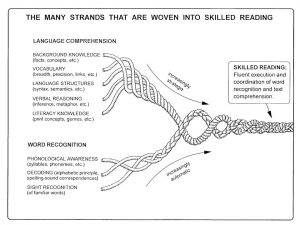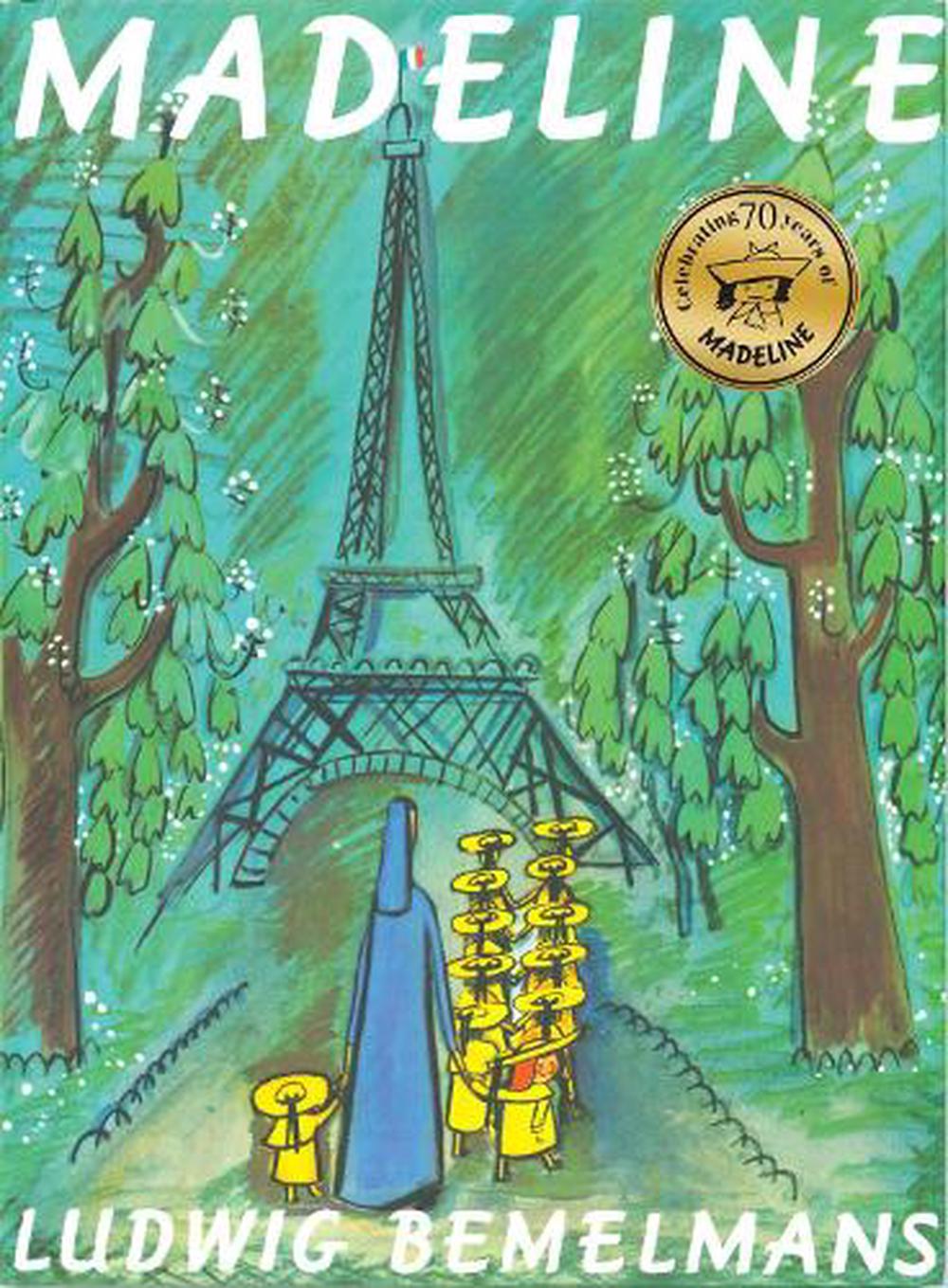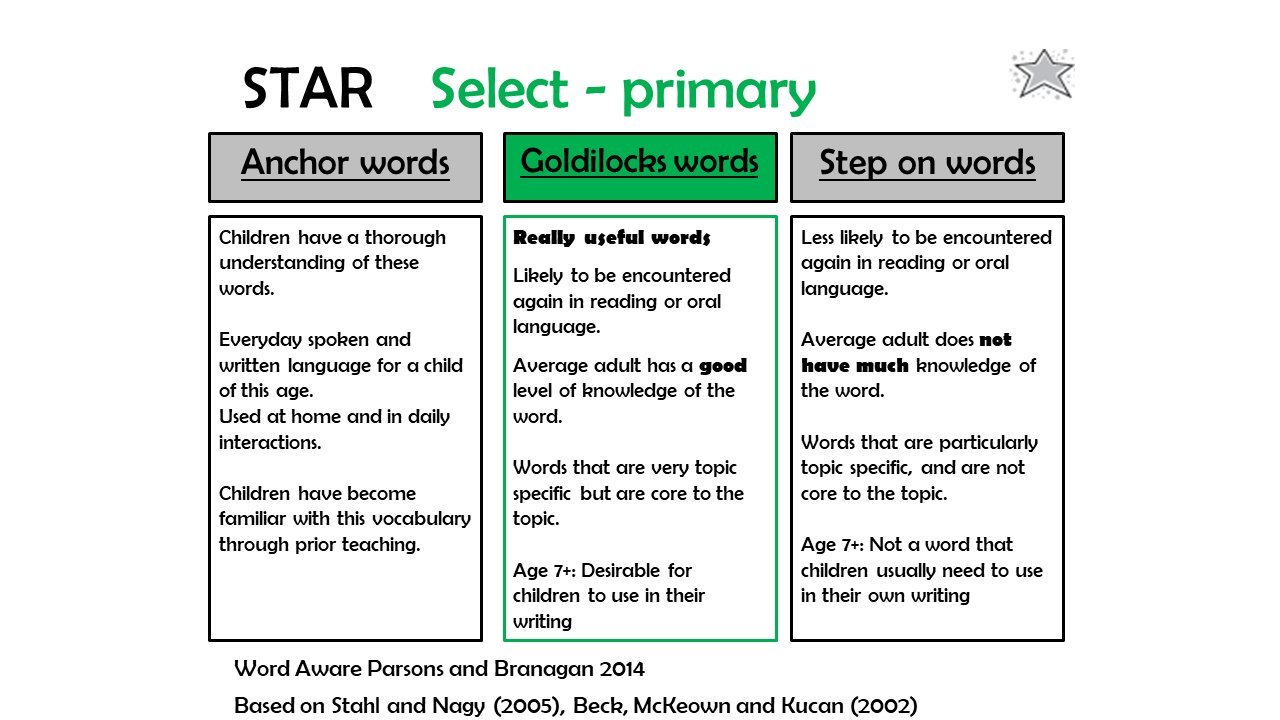WHAT IS BACKGROUND KNOWLEDGE AND VOCABULARY?
It is important that we look at Scarborough’s Rope when we talk about background or world knowledge and vocabulary. If we look at the top strand – Language Comprehension – to understand something we must have an understanding of what it is or means.

The reason Scarborough’s Rope is so powerful is that , it shows us what we need to be taught to be a skilled reader. We need to be able to decode the words but we also need to comprehend the words we read. When we are building knowledge we make connections with words, sentences, paragraphs, stories and pictures. Background knowledge and vocabulary allow us to think, communicate and gives us the ability to participate in conversations and follow directions. Background knowledge and vocabulary helps us with problem solving, to write stories, to read between the lines in a story, and to know what the author is trying to say. But most importantly, background knowledge and vocabulary allow us to understand the world we live in. It’s pretty important, in fact, we would say it’s a crucial life skill.
Teachers are aware of the importance of vocabulary and background knowledge but many parents may not fully understand its role in becoming a skilled reader, and how it helps us to access the world we live in.
What can I do?
It can be hard to know where to start, especially if you feel your child is already behind in this area. But there is a lot you can do for your child.
Here is a few ideas to get you started:
Start with reading more! We know it is a cliche and one we hate to say, but the good thing about reading to our children is the knowledge they gain from the stories and poems we read to them. Make sure the books you read are rich in storytelling and vocabulary. Choose stories that help children make connections in the world. Think of the classic stories we grew up listening to. They’re still classics today and for good reason. If you need a few ideas we have a list of Quality books listed under ‘Resource Hub‘.
Here is an example using the story Madeline by Ludwig Bemelmans:

Madeline is based in Paris France. It rhymes and talks about neat rows and living in a boarding school. It talks about calling the emergency services for an ambulance, Madeline has appendicitis and is sick. All girls from the boarding school go to visit Madeline in the hospital. On the walk home they passed some statues and monuments in Paris, France, Europe.
Your child might remember all of it or just some of it, but the next time you read a story when someone is ill, they might say, “Like Madeline, she went to the hospital”, or they hear a conversation about boarding school, “Like Madeline!”.
If your child struggles making those connections then you do it for them. “Remember when we read Madeline and she was sick and had to go to the hospital? She was ok, so will uncle Ian be – he is just going for an operation like Madeline.”
This process works the same for chapter books for older children. Think of the books you read at school: Around the World in 80 Days, Fantastic Mr Fox, Alice in WonderLand, Journey to the Centre of the Earth, Treasure Island. These stories support so much more than we could ever imagine.
A few Examples:
- What life was like before technology?
- Introducing wonderful stories rich in vocabulary.
- Helps build creative skills for reading
- Different countries they may never visit
- Emotions and scenarios they hadn’t considered
Knowledge needs knowledge to stick to.
The more knowledge we put into their brains, the more we support their language comprehension. It’s like building a lego tower. You always need ONE block to start and you keep building the tower.


You only need one bit of knowledge on the topic for the rest to start sticking to. You can also do mini topics using books to build knowledge over the holidays or the weekend. Reading Rockets has developed a set of reading adventure packs to encourage hands-on, fun, learning centred around paired fiction and nonfiction books to support building knowledge and vocabulary.
It is easy to presume children know and understand words, so we advise you to double check your child’s understanding of a word when reading.
How do I know what words are important?
Teach the words that will come up in everyday day life and school. Words can be categorised by groups into Tiers, 1, 2, 3. We (the deb) think the tier system can be a little confusing especially since the education system uses it in intervention.
We much prefer the Word Aware set up using anchor words, goldilocks words and step on words. You can find a link to the Word Aware resource books under Parent Curriculums in the ‘Resource Hub‘.
Anchor words : tree, boat, them, animals and plants
These words children already know and you don’t need to teach them.
Goldilocks words : grateful, fabulous, altogether, respectful, maintain, structure, comprehension, junction
These words will be used in all subjects and parts of life, needed for daily use.
Step on words: Tropic of Cancer, atoms, Arctic Circle, catacomb, combustion
Words they are unlikely to come across on a daily basis and are related to particular topics.
If you are reading a story or article, a quick description to explain and then move on. A few examples:
- If they were doing a project on Waitangi you could support your child by helping them understand words like treaty, the crown, translation.
- If they had a science exam coming up you could support your child by helping them understand words like atoms, observation, scientific method, hypothesis.
This approach allows you to tailor words to your child’s needs.
We have listed vocabulary and background/world knowledge under ‘Resource Hub‘, ‘Free Resources‘ and ‘Curriculum for Parents‘
These links are a good place to start:
This document was created by Sharon Scurr, founder of the deb in August 2021
